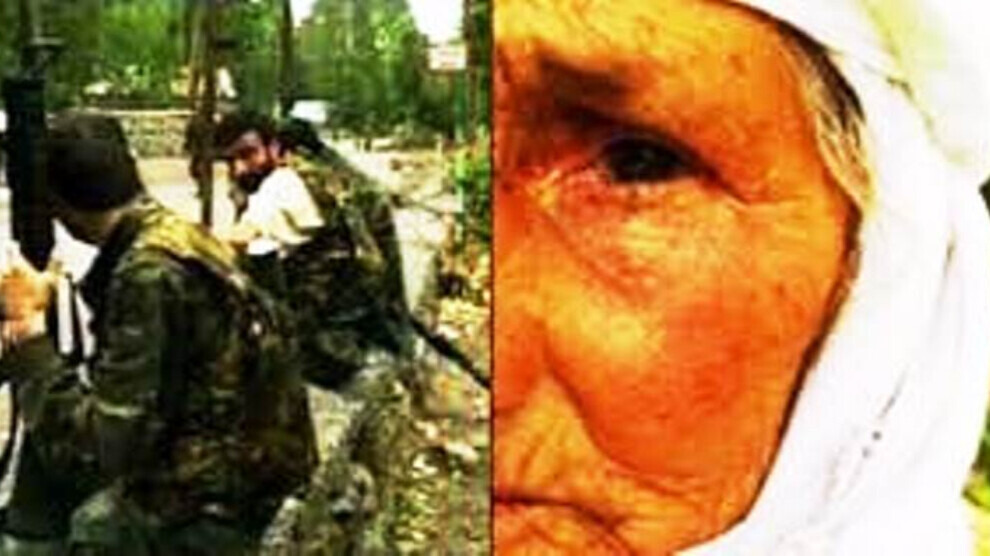30 years ago, the Digor massacre
30 years have passed since the Digor massacre but the pain and anger it caused remain fresh. The patriotic people of Digor continue their resistance, never bowing to the atrocities of the Turkish state.
30 years have passed since the Digor massacre but the pain and anger it caused remain fresh. The patriotic people of Digor continue their resistance, never bowing to the atrocities of the Turkish state.

On August 14, 1993, thousands of people gathered in the village of Nexşan (Kocaköy), in the Digor district of Kars province, to protest against the imposition of the‘village guard’ system, house raids and torture. The crowd was cut off by special operations police units 2 kilometers away from Digor and subjected to fire without warning. The crossfire killed 17 people, including 5 children, and injured over 200 others.
The victims, for whom justice has yet to be served, are Gülcan Çağdavul (8), Selvi Çağdavul (14), Yeter Kerenciler (13), Necla Geçener (14), Zarife Boylu (15), Erdal Buğan (17), Zeynep Çağdavul (19), Hacer Hacıoğlu (20), Suna Çidemal (21), Fatma Parlak (22), Faruk Aydın (27), Cemil Özvarış (39), Gıyasettin Çalışçı (41), Hasan Çağdavul (43), Süleyman Taş (47), Nurettin Orun (80) and Tütiye Talan (66).
The casings of weapons used by the special operations units were found but their RPGs and rifles were never found. In a verdict issued in 2006, the police officers were acquitted on grounds of “justifiable self defense”.
The women and children who took part in the protest march were wearing red-green-yellow dresses and scarves and were therefore the first to be targeted by the Turkish soldiers that confronted them. Most of the victims were women and children.
Some of those killed in the deadly aggression were tied behind military vehicles and dragged on the ground up to the district center.
After the massacre, the state forced the people of Digor to leave their hometown, which they, however, firmly rejected in spite of all the repression, torture, detentions and arrests they experienced.
While the hearing about the incident continued for 11 years with no ruling for justice, the late human rights lawyer, Tahir Elçi, took the case to the European Court of Human Rights in 2004, citing “excessively long judicial proceedings”, “lack of effective investigation” and “violation of the right to life”.
In 2006, Turkey concluded the case and eight police officers were acquitted after they argued in their written defence to the court that the crowd had opened fire on them with RPGs despite the fact that no evidence of an RPG attack by the civilians was found during the examination conducted at the scene after the massacre.
Announcing its verdict after Turkey’s acquittal of the aaccused, the ECHR convicted Turkey to pay pecuniary and non-pecuniary damages.